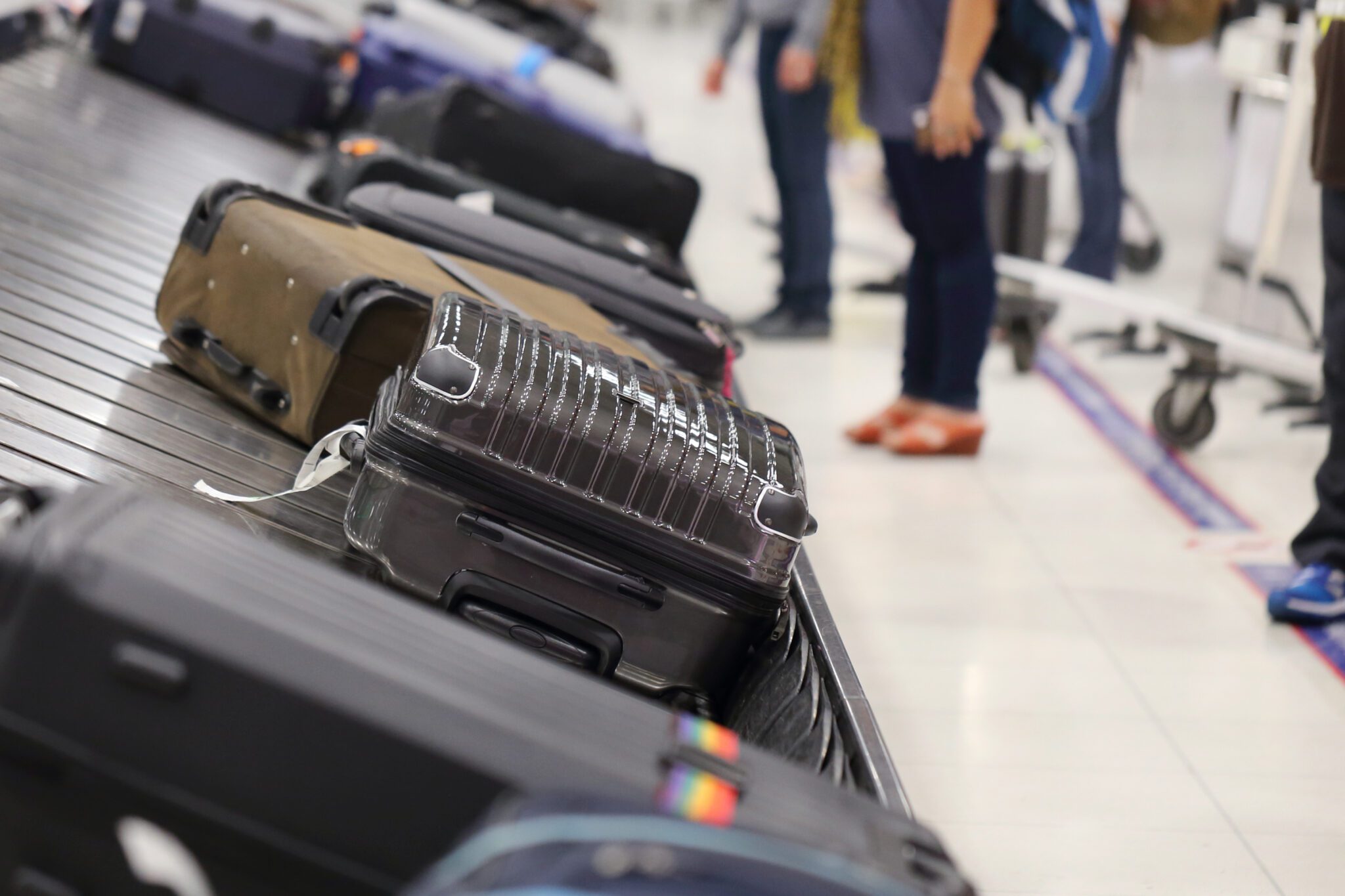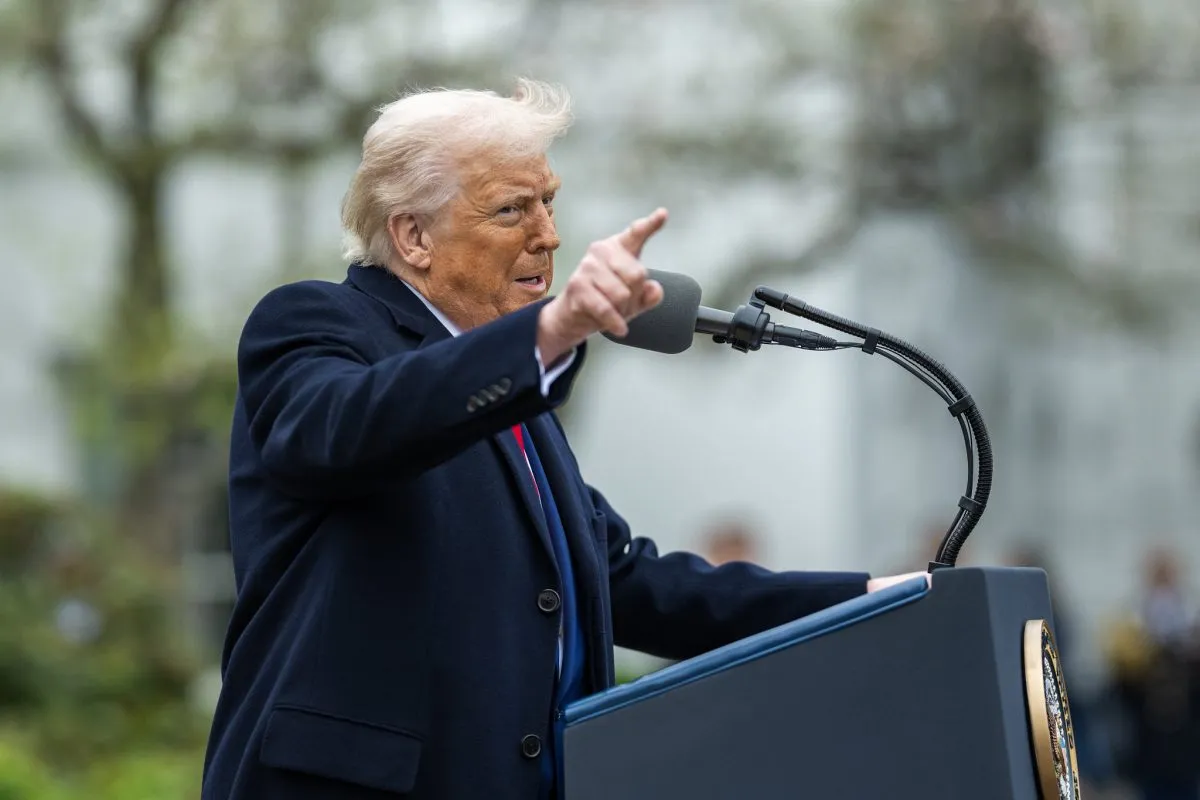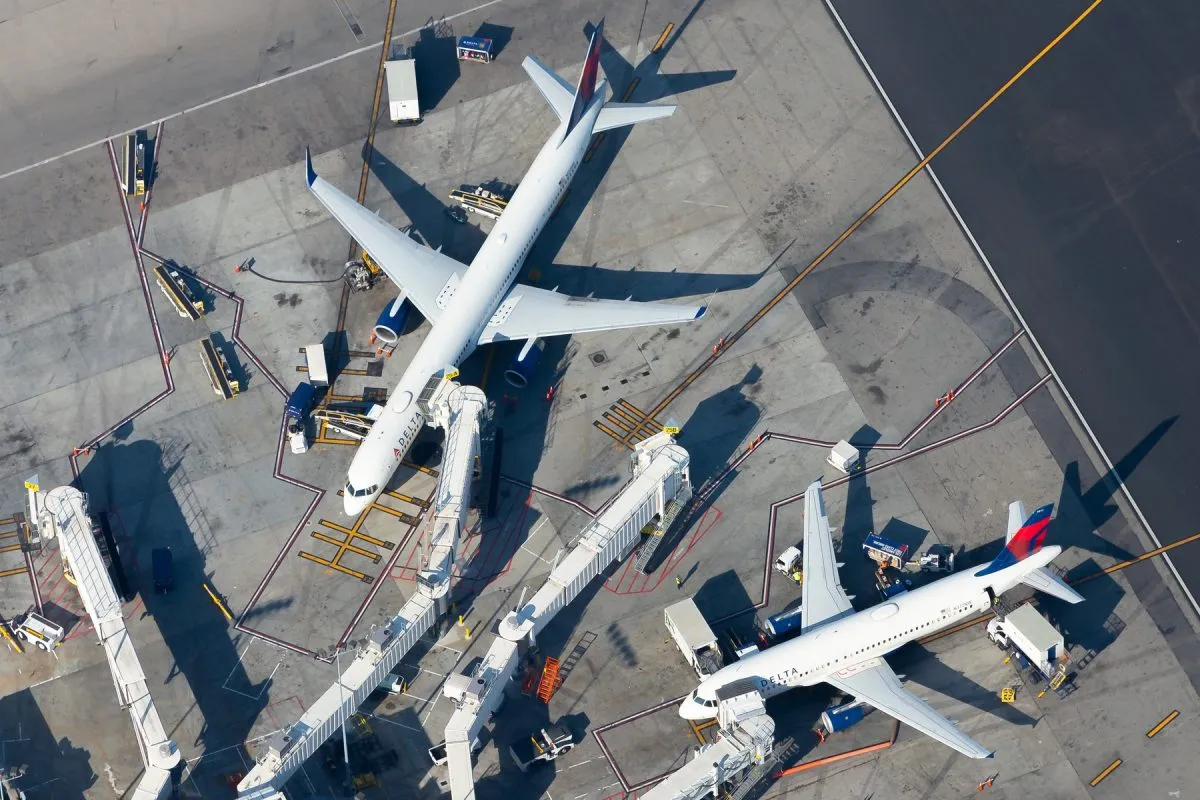Video: London Tourism Leaders Say Brexit Won't Kill City's European Partnerships

Skift Take
The UK is preparing to leave the European Union but the City of London doesn't want its city-to-city tourism partnerships to tag along and get tossed aside. The city is on a mission to stress that it's still open for business and tourism as its European ties remain uncertain.
London & Partners, the city's destination marketing organization, signed a tourism agreement with Paris in March -- the same week UK Prime Minister Theresa May triggered Article 50 which began the country's negotiations process for leaving the European Union.
Since the June 2016 Brexit referendum, the city's tourism strategy is "very much about collaboration with other cities," said Andrew Cooke, acting chief executive of London & Partners, during an on-stage interview at the inaugural Skift Forum Europe held in London in April.
Cooke was joined on-stage by Amy Lamé, London's Night Czar, Jason Clampet, Skift's co-founder and head of content and Patrick Whyte, Skift's Europe editor.
Cooke said the London-Paris agreement was in the works long before British voters went to polling places last June. "We've developed a relationship with [Paris] over the years," he said. "They've suffered some terror attacks as we have. We talked to them after their attacks in terms of impact on tourism and how they might recover. We both share many of the same attributes and both have fantastic cultures."
London's work with Paris and other European cities is initially focused on attracting more long-haul visitors, particular from the U.S. market. "We're very keen to still collaborate in terms of trade and investment...there's no bigger export from London than tourism," said Cooke.
London & Parters forecasts that another 10 million visitors per year could visit the city by 2025. "Tourism numbers have held up and spend has increased significantly since Brexit," said Cooke. "Luxury spending is up about 30 percent higher than last summer."
Meanwhile, the organization was tasked with cutting through Brexit noise and portraying the city as a welcoming place. "After Brexit, we started the London is Open campaign and got the support of the Mayor," said Cooke. "It's a simple campaign with a simple message that everyone could then take part in. It's worked really well and had a reach of 356 million people."
Post-Brexit, London's nighttime economy is even more vital to the city and its tourism growth, said Lamé. "Four out of five visitors come to London for our cultural offering and a lot of that cultural offering takes place in the evening," she said.
"Running the Tube at night, for example, has really transformed London in such a short space of time. Overall journey figures are higher than anticipated and crime figures are lower than anticipated," she said.
London's nighttime economy is worth 26 billion pounds and is projected to grow to 28 billion pounds in the next 15 years, said Lamé. "I often talk about the difference between nightlife and life at night," she said. "Creating a life at night is something we have huge potential for so we can expand our vision of what we're doing in the dark."
You can watch the full discussion below.
 Note: Initial planning is in full-swing for our flagship event Skift Global Forum, which will be held September 26-27 in New York City. We wanted to make sure our most loyal Skift readers were able to purchase their tickets early and were rewarded for doing so. That's why we've re-opened up our previously sold out early bird discount for an additional 35 tickets. Attendees can now save $800 per ticket on the largest creative business conference in travel.
Note: Initial planning is in full-swing for our flagship event Skift Global Forum, which will be held September 26-27 in New York City. We wanted to make sure our most loyal Skift readers were able to purchase their tickets early and were rewarded for doing so. That's why we've re-opened up our previously sold out early bird discount for an additional 35 tickets. Attendees can now save $800 per ticket on the largest creative business conference in travel.
Read more coverage of Skift Forum Europe 2017.
At this year’s inaugural Skift Forum Europe in London, travel leaders from around the world gathered for a day of inspiration, information, and conversation on the future of travel.
Visit our Skift Global Forum site for more details about 2017 events, including our New York City event September 26-27.




